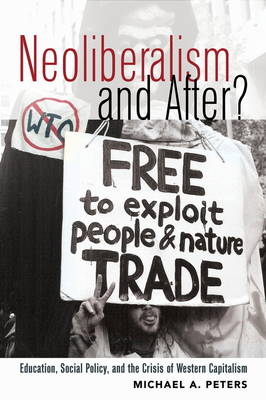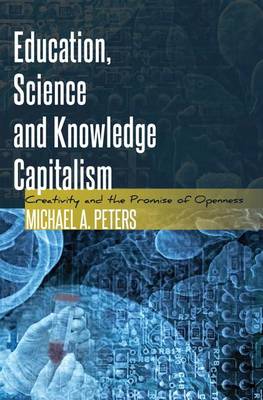Global Studies in Education
2 primary works
Book 4
The era that began with the election of the Thatcher and Reagan governments has been dominated by contemporary forms of neoliberalism-based market fundamentalism, globalization as world economic integration and the ideology of "free trade," and an attack on "big" government and social welfare. This book is a historical and theoretical investigation of contemporary neoliberalism in relation to education policy and its rollback of the Keynesian welfare state. It argues that education is the basis of an open society and is a social welfare right in the merging knowledge economy. Drawing on the theoretical lens of Michel Foucault's work on governmentality understood as a form of radical political economy, the book explores and critiques neoliberalism as the ruling ideological consensus. It also questions whether and to what extent its influence will continue, in the face of the destabilization of markets that followed the financial crisis and the global recession that began in 2007, in the advanced liberal economies of the United States and the European Union.
Book 25
We live in the age of global science – but not, primarily, in the sense of ‘universal knowledge’ that has characterized the liberal metanarrative of ‘free’ science and the ‘free society’ since its early development in the Enlightenment. Today, an economic logic links science to national economic policy, while globalized multinational science dominates an environment where quality assurance replaces truth as the new regulative ideal. This book examines the nature of educational and science-based capitalism in its cybernetic, knowledge, algorithmic and bioinformational forms before turning to the emergence of the global science system and the promise of openness in the growth of international research collaboration, the development of the global knowledge commons and the rise of the open science economy. Education, Science and Knowledge Capitalism explores the nature of cognitive capitalism, the emerging mode of social production for public education and science and its promise for the democratization of knowledge.

